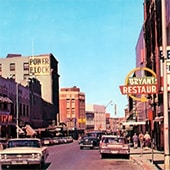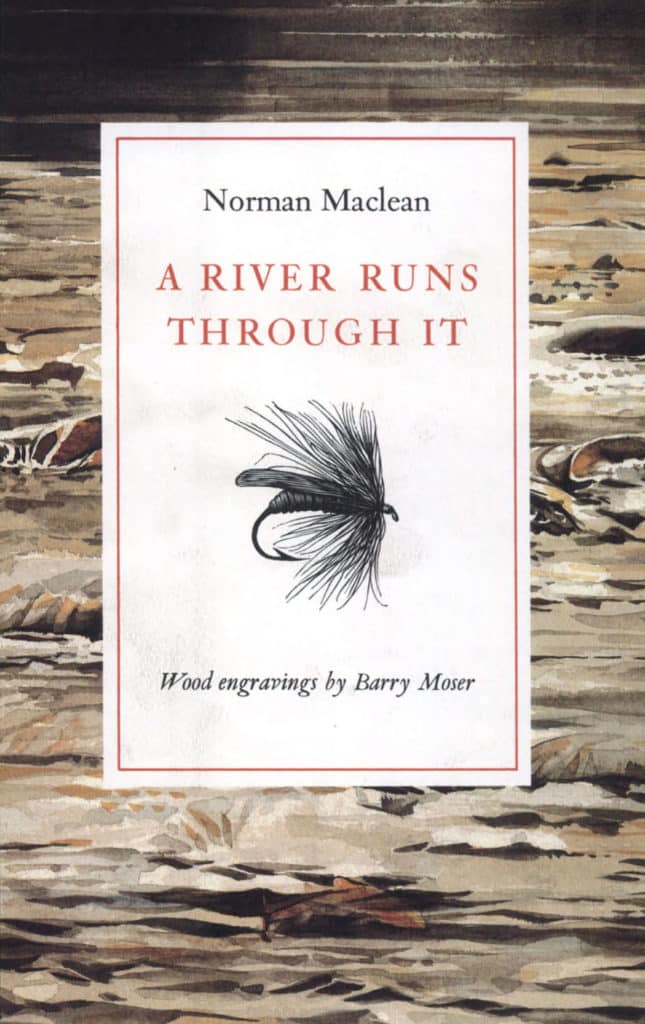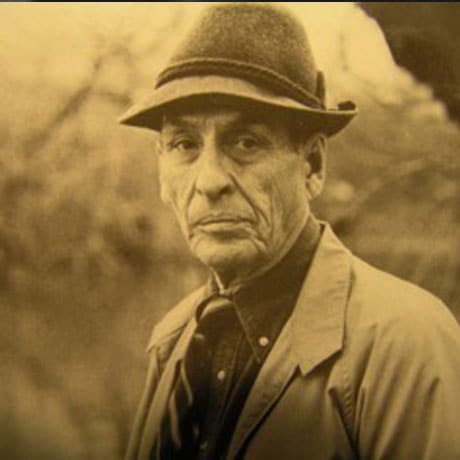Early in the story, a phone call wakes Norman in the middle of the night while he’s staying in Helena with his brother: Paul and an Indian girl called Mo-nah-se-tah are in jail. Paul hit a man in Weiss’s restaurant for disrespecting her.

A River Runs Through It: Last Chance Gulch (Helena)
She liked to hold Paul with one arm and me with the other and walk down Last Chance Gulch on Saturday night, forcing people into the gutter to get around us, and when they wouldn’t give up the sidewalk she would shove Paul or me into them. You didn’t have to go very far down Last Chance Gulch on Saturday night shoving people into the gutter before you were into a hell of a big fight….
When her hair glistened, though, she was worth it. (25-26)
Maclean, Norman. A River Runs Through It and Other Stories (Twenty-Fifth Anniversary Edition). Chicago: University of Chicago Press, 1976.

About the Book
A River Runs Through It
It was only after his retirement in 1973 that Maclean began writing the stories for which he’d become famous. A River Runs Through It and Other Stories was published in 1976, the first work of original fiction published by the University of Chicago Press.
While the settings in A River Runs Through It are clearly drawn from actual locales, it is understood that the novel—including its places—is ultimately the product of the author’s imagination. The intent of this literary map is to enrich the reading experience by interpreting those places, not to render them literally or definitively.

About the Author
Norman Maclean
Norman Maclean was born in Iowa in 1902. In 1909 the family relocated to Missoula, Montana, where Norman’s father, the Rev. John Maclean, served as pastor of the First Presbyterian Church for the next 17 years.
After college at Dartmouth, Maclean became a professor at the University of Chicago. He married Jessie Burns of Wolf Creek, Montana; they had two children, Jean and John. At Chicago Maclean taught Shakespeare and the Romantic poets; in his last years there, he held an endowed chair as William Rainey Harper Professor of English.
